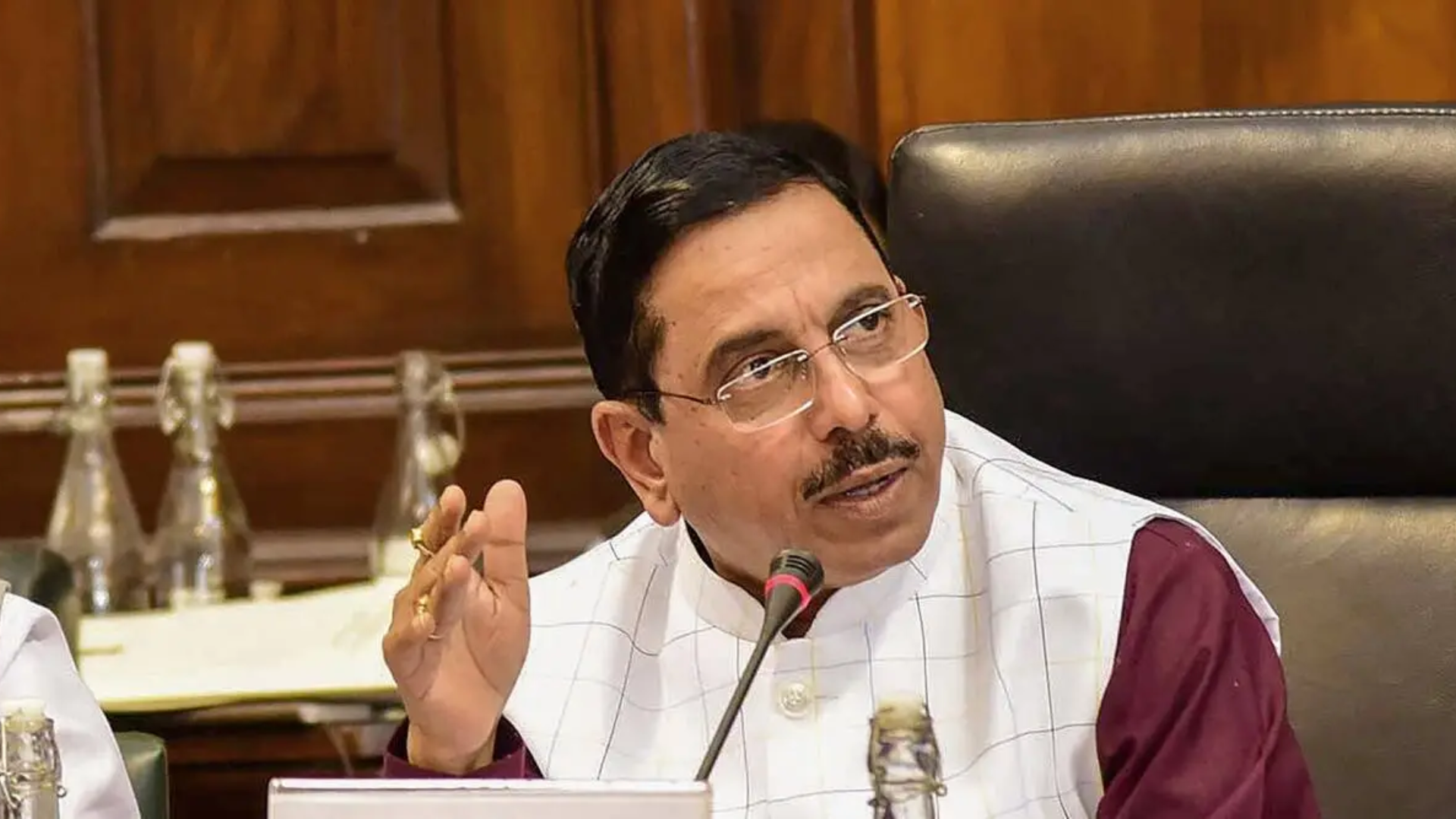Against the backdrop of India’s vibrant democracy, the Lok Sabha Elections stand as a quintessential testament to the nation’s commitment to participatory governance. Every five years, millions of Indian citizens exercise their constitutional right to vote, determining the composition of the Lok Sabha, the lower house of Parliament. With 543 constituencies spread across the length and breadth of the country, these elections are not merely political events but societal spectacles, reflecting the hopes, aspirations, and concerns of a diverse populace.
As the nation Becomes the stage for the third phase of the Lok Sabha Elections of 2024 NewsX lands an exclusive interview with the Union Minister of Parliamentary Affairs, Coal and Mines of India, Pralhad Joshi. In the candid conversation Joshi offered crucial insights into the unfolding electoral dynamics, addressing pressing concerns regarding the voter turnout in the three phases of the Lok Sabha Elections that have take place, the significance of women’s empowerment in the electoral process, and the broader implications for India’s democratic fabric.
#WhosWinning2024 | ‘Expected higher turnouts in the first phase’ Union Minister Pralhad Joshi addresses the voter turnout stats in an exclusive conversation with Bryan Thomas on NewsX@JoshiPralhad@BryanAnthonyTh2
Catch the full interaction on NewsX!https://t.co/a9mX3ZiRTj… pic.twitter.com/11YWWM2lAs
— NewsX World (@NewsX) May 7, 2024
“Whatever happened in the first phase was not right”
Talking about the voter turnout of the previous phases of the General Assembly Elections for the year 2024, he stated that he was very disappointed with the number of voters that had turned up on the day of polling in the last two phases. “We tried and the Election Commission also tried but even the people feel that whatever happened in the first phase was not right,” Pralhad Joshi asserted, when he was asked about how he felt about the improvements in the voter tunrout in the third phase of the elections. He underscored the need for greater civic engagement and participation in the democratic process. Despite concerted efforts to encourage voter turnout, Joshi lamented the suboptimal response, highlighting the imperative for enhanced civic consciousness among citizens. The Union Minister maintained that more voting should have happened. However, amidst the backdrop of tepid voter engagement, Joshi noted a palpable surge in participation during the third phase of the elections, attributing this uptick to Prime Minister Narendra Modi’s impassioned appeal for citizens to exercise their franchise. “Which is why the citizens now, after Prime Minister Narendra Modi urged citizens to come out and vote, are shoing up in large numbers,” the Union Minister remarked while talking about a promising shift in the voter sentiment in the third phase.
” Women’s security has also become a major issue”
In addition to addressing the voter turnout concerns, Joshi also took the opportunity to address the critical issue of women’s security at polling booths, noting a significant rise in the female voter participation during the third phase of elections. He mentioned that looking at the women’s security at the polling booths in the third phase, the number of women voters has also increased. “Looking at the women’s security forces, women are also coming out to vote in large numbers because women security has also, become a major issue,” the Union Minister affirmed drawing a connection between the issue of women empowerment and the electoral process.
“The citizens are afraid because of the murder”
Amidst discussions on voter engagement and women’s participation, the interview took a somber turn as the Union Minister was further asked about the murder case of the Congress corporator’s daughter, Neha Hiremath. Addressing the tragic murder, he expressed his dismay. “Neha was forced to convert to Islam and when she refused to comply, she was murdered,” Joshi elaborated on the girl’s murder that had taken place in a college in broad daylight and stated that the citizens are afraid due to the incident.
Pralhad Joshi’s stance on the voter turnout as well as the pivotal role and significance of women empowerment in the Lok Sabha Elections for this year reflects on the changing dynamics of the electoral process. His candid remarks also emphasized the imperative for enhanced civic engagement, women’s empowerment, and heightened vigilance against systemic challenges such as religious coercion and violence. As the Lok Sabha Elections for the year 2024 unfold, Joshi’s insights serve as a poignant reminder of the enduring significance of democratic values and civic responsibility in shaping the future of India’s electoral landscape.

















